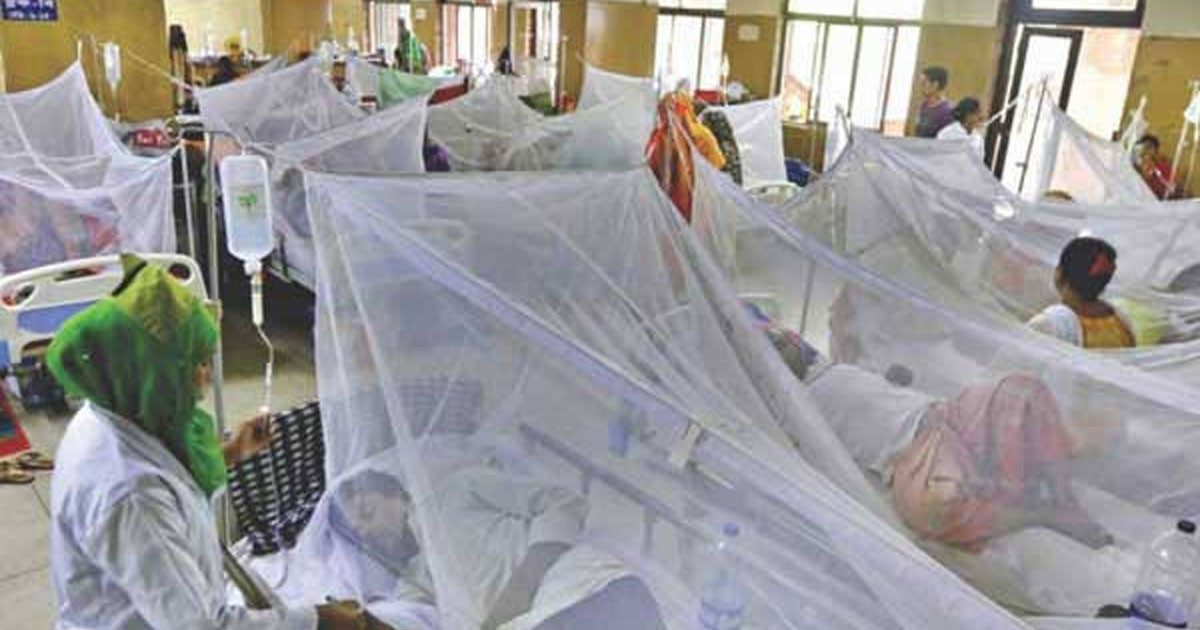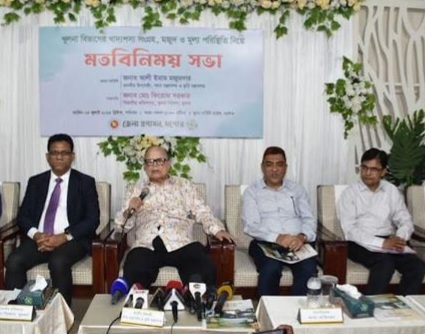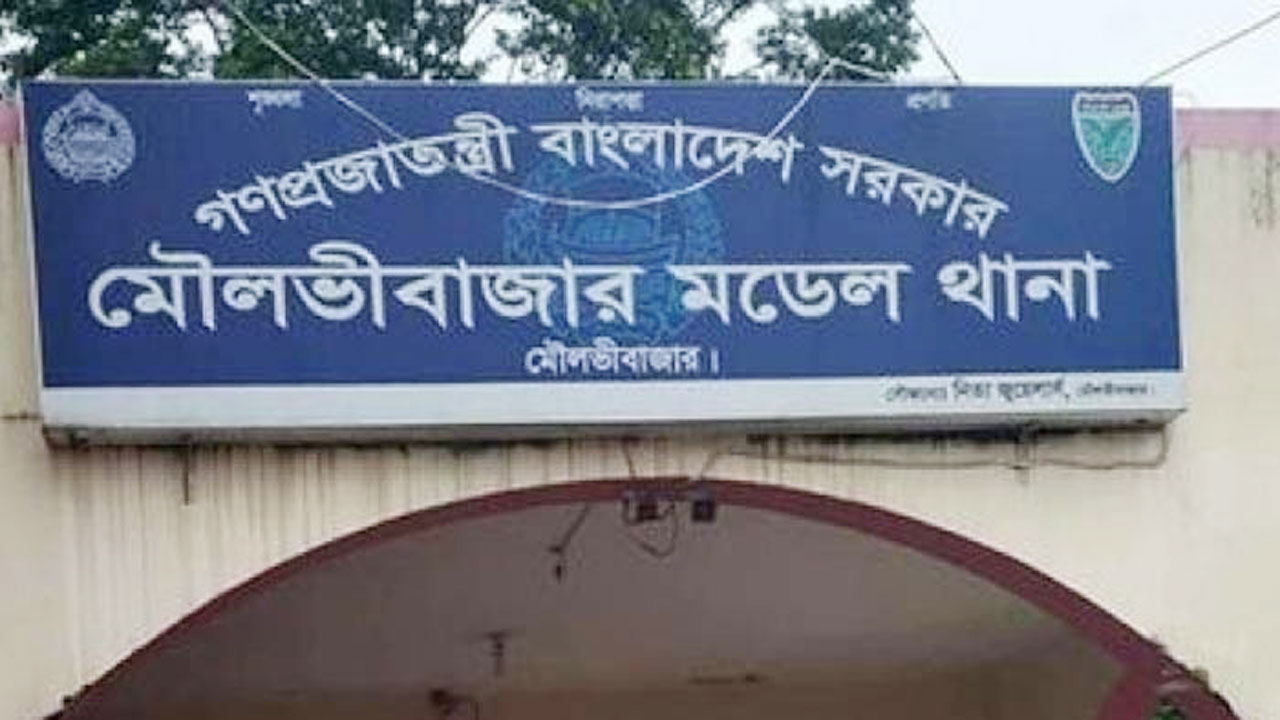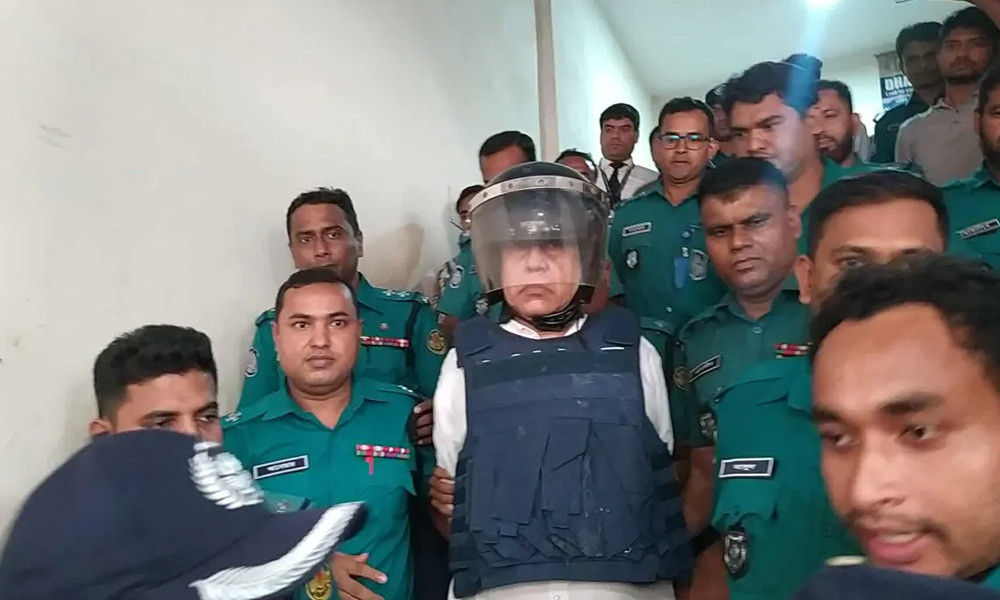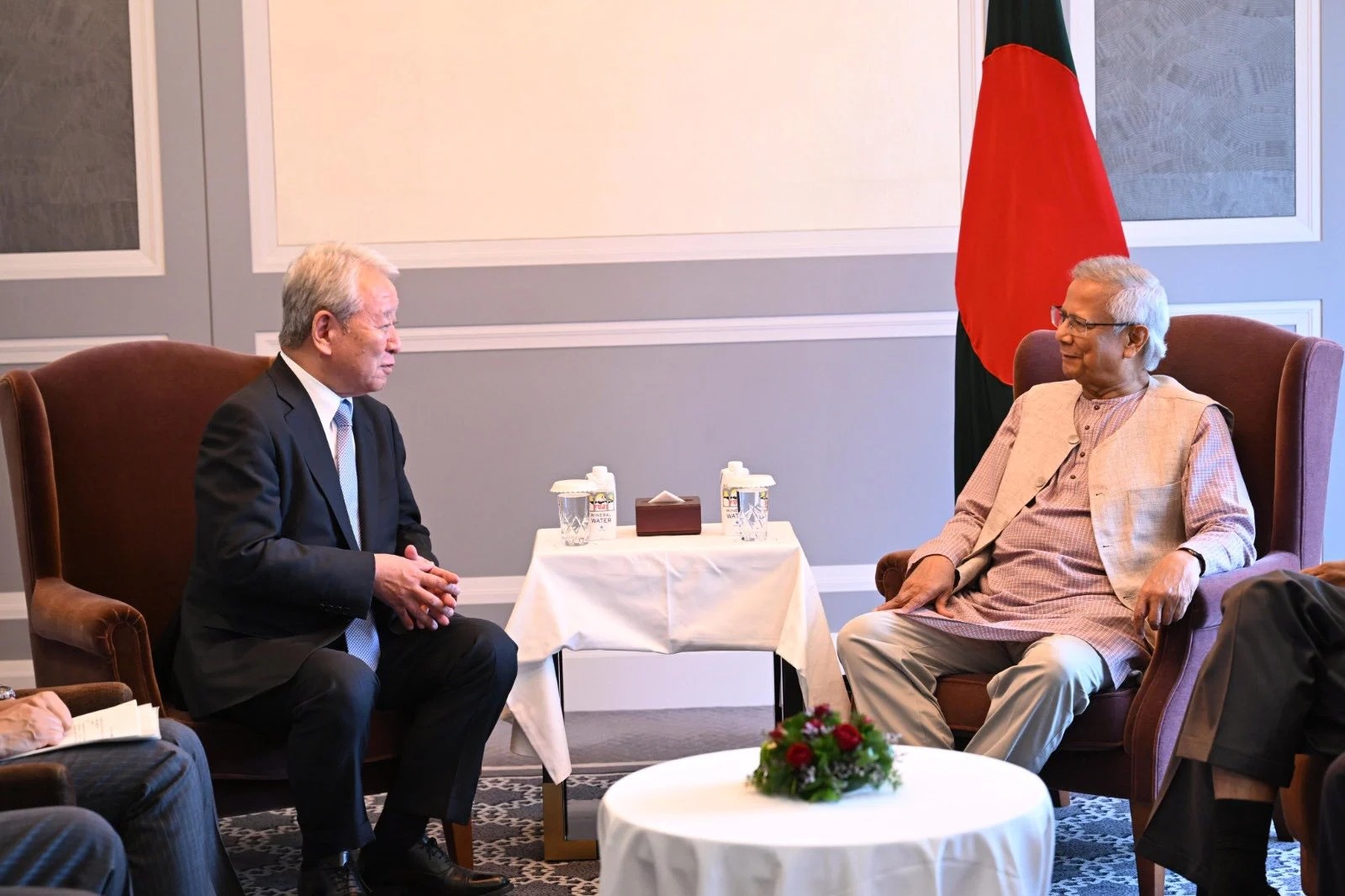
Chief Adviser Professor Muhammad Yunus has urged the Japan International Cooperation Agency (JICA) to expand its support for the Moheshkhali-Matarbari Integrated Development Initiative (MIDI)—a flagship project aimed at transforming the southern coastal region into a major economic powerhouse for Bangladesh.
The appeal was made during a meeting with JICA President Dr Tanaka Akihiko on the sidelines of the 30th Nikkei Forum: Future of Asia, held at Tokyo’s Imperial Hotel.
“The MIDI region represents the future of Bangladesh,” said Prof Yunus, highlighting its strategic access to the Bay of Bengal. “We are developing deep-sea ports, highways, and railways to connect this region with Nepal, Bhutan, and other parts of South Asia,” he added.
Originally proposed by JICA, the deep-sea port at Matarbari is now part of a broader master plan being developed by the Interim Government, led by Prof Yunus. This plan envisions a multifaceted development zone encompassing ports, logistics, fisheries, energy, and power, with ambitions to build a megacity in the area. Airports in the region are also being upgraded to meet the demands of growing connectivity.
Dr Tanaka reaffirmed JICA’s commitment to the MIDI project but stressed the need for faster decision-making to ensure timely implementation of infrastructure and investment plans.
In response, Prof Yunus announced the government’s intention to appoint a senior official to oversee MIDI operations, ensuring close coordination with JICA and other international stakeholders. He also shared plans to create free trade zones within MIDI, encouraging foreign investors to establish manufacturing plants targeting global export markets.
Prof Yunus also revealed a bold initiative to establish an exclusive fisheries zone, allowing Bangladesh to develop a deep-sea fishing industry. “At present, our fishing vessels are too small to operate in deeper waters, while boats from neighboring countries take advantage of these rich resources,” he noted. “By enhancing our capabilities, we can process the catch locally for both export and domestic consumption.”
Dr Tanaka welcomed the proposal, remarking that it was the first time he had heard a Bangladeshi leader raise the issue of deep-sea fishing as a national priority.
Beyond economic development, the two leaders also discussed Bangladesh’s broader reform efforts following the July uprisings, including its transition to democracy and the Interim Government’s anti-corruption initiatives.
Prof Yunus confirmed that general elections are expected between December and June, after which he plans to step down and return to his earlier work once an elected government is in place.
The ongoing Rohingya refugee crisis was also on the agenda. The Chief Adviser appealed for greater JICA involvement in humanitarian aid efforts, to which Dr Tanaka responded positively, expressing JICA’s willingness to contribute to international responses addressing the crisis.
The meeting concluded on an optimistic note, with both parties reaffirming their commitment to strengthening bilateral cooperation and accelerating progress on key development priorities.




